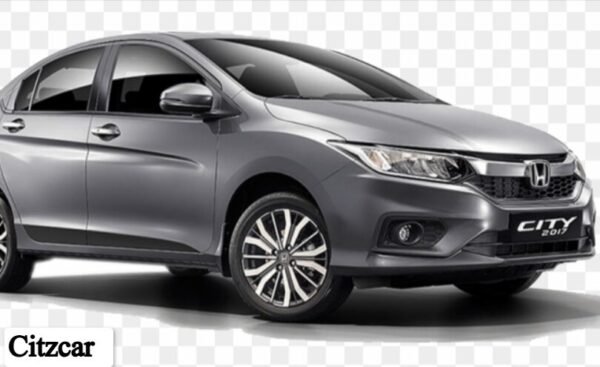As electric vehicles (EVs) continue to gain popularity, one of the key considerations for owners is the convenience of charging. While public charging infrastructure is expanding, many EV owners opt to install a home charger for added convenience. Introducing advanced charging solutions like Voltco, a leading brand in home charging technology, can further enhance the efficiency and smart features of your home charging station, offering an integrated and seamless experience for electric vehicle owners. However, like any decision, there are both pros and cons associated with having a home charger for your electric vehicle.
Pros:
- Convenience and Accessibility: Perhaps the most significant advantage of having a home charger is the unparalleled convenience and accessibility it offers. Imagine returning home after a long day, plugging in your EV, and waking up to a fully charged vehicle. Home chargers eliminate the need to visit public charging stations regularly, saving time and effort.
- Cost Savings: Over time, having a home charger can lead to cost savings. Home electricity rates are often lower than public charging rates, especially during off-peak hours. This can result in significant savings on your overall charging costs, making EV ownership more economical in the long run.
- Customization and Control: Home chargers allow you to tailor the charging experience to your specific needs. With programmable features and smart charging options, you can schedule charging during low-demand hours, take advantage of off-peak rates, and remotely monitor and control the charging process through dedicated apps.
- Peace of Mind: Knowing that your vehicle is always ready for your next journey provides a sense of security and peace of mind. Home chargers eliminate the anxiety associated with finding an available public charging station, especially during peak hours or in areas with limited charging infrastructure.
- Increased Property Value: Installing a home charger can potentially enhance the value of your property. As the demand for electric vehicles rises, having a dedicated charging station at home becomes an attractive feature for potential buyers, contributing positively to the property’s overall appeal.
Cons:
- Upfront Costs: One of the primary drawbacks of installing a home charger is the initial upfront cost. While prices have been decreasing, purchasing and installing a dedicated charging station can still be a significant investment. However, it’s essential to consider this cost in the context of long-term savings on charging fees.
- Installation Challenges: Depending on your home’s electrical infrastructure, installing a home charger might require professional assistance. Older homes may need electrical upgrades to support the charging station, adding to the overall cost and complexity of the installation process.
- Limited Portability: Unlike public charging stations that you can use wherever you go, a home charger is fixed at your residence. This limits your charging options when away from home, which can be a drawback for those who frequently travel long distances.
- Renting or Moving: For individuals who rent their homes or anticipate moving in the near future, installing a home charger may not be a practical investment. Landlords may be reluctant to allow modifications to the property, and the costs associated with installing a charger may not be justifiable for a temporary living situation.
- Potential Overload on the Grid: As more households adopt electric vehicles and home charging stations, there is a concern about the potential strain on local power grids. If many residents in a neighbourhood simultaneously charge their EVs, it could lead to increased demand during peak hours, impacting overall electricity distribution.
In conclusion, having a home charger for your electric vehicle comes with numerous benefits, primarily centred around convenience, cost savings, and control. However, it’s crucial to weigh these advantages against the upfront costs, installation challenges, and considerations related to portability, especially if you’re renting or planning to move. As technology advances and the electric vehicle infrastructure continues to grow, the decision to install a home charger will become an even more attractive option for many EV owners.



